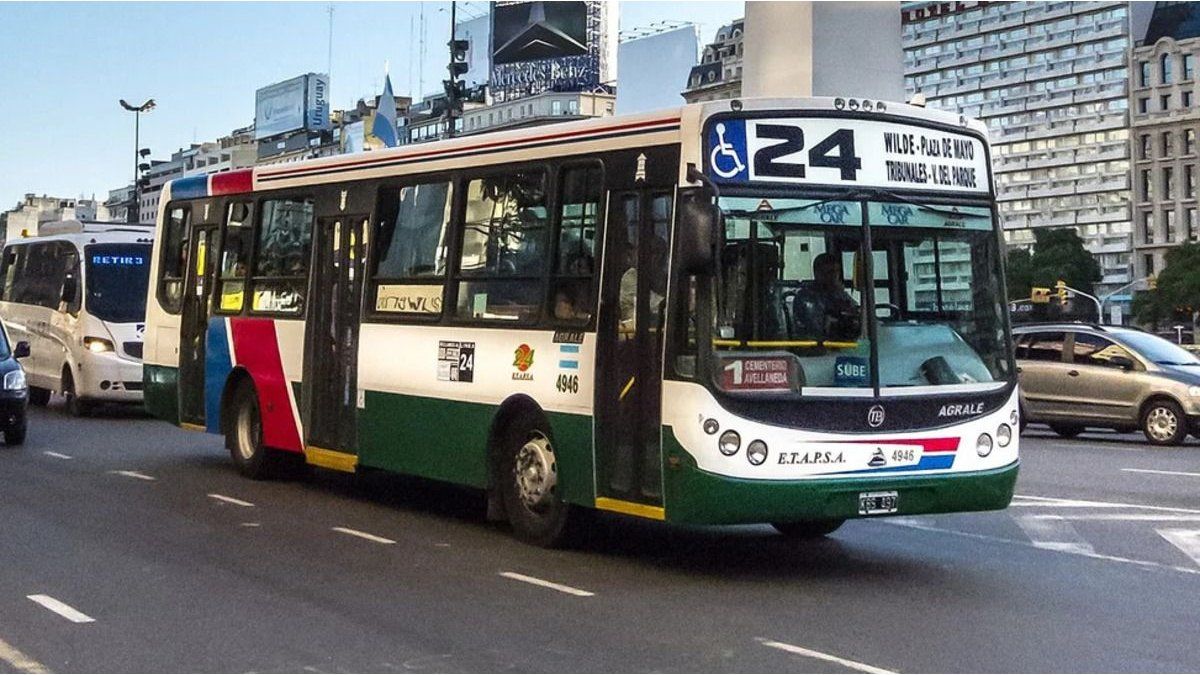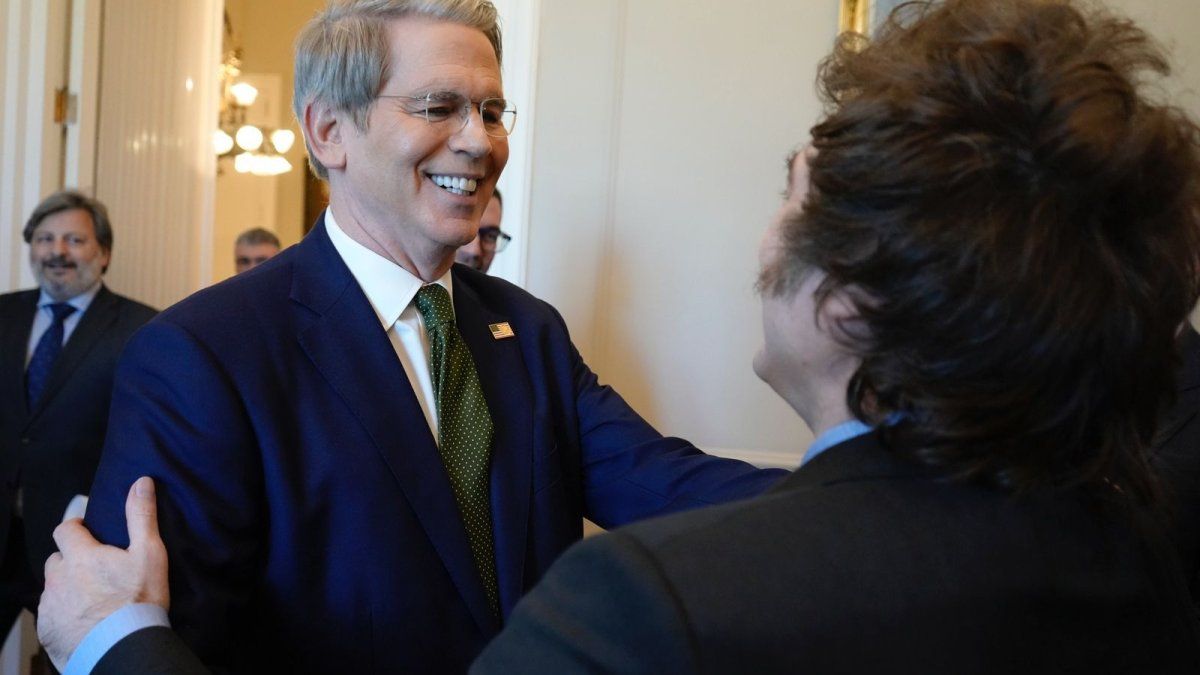Hours of uncertainty pass through the bus system of the metropolitan area amid tensions between the Nation and the City over who will provide the subsidies to keep the price of the ticket from skyrocketing, or who will pay the political cost of authorizing a sharp increase in fares. The negotiation got bogged down at decisive moments.
In principle, the national management of Javier Milei has decided to issue a decree to carry out the transfer of buses to the City unilaterally starting in September. For its part, the administration of Jorge Macri, according to what could be learned Scope, proposes to negotiate a six-month planbecause it claims that it is not in a position to assume the costs today.
What is being debated, at this time, is the deadline stipulated to implement the plan“There is dialogue between the parties and work continues to reach a solution. The City has proposed to the Nation that we work together for six months. In this period, we should be able to transfer the 31 bus lines,” they said.
And, on the national position, they added: “They have considered it, but We have not had a concrete response“It is important that this be done under the conditions established in the National Constitution. This cannot be achieved overnight.”
GCBA: “The nation recognizes that it is responsible”
The Buenos Aires government indicates that, for the moment, Responsibility for the 31 lines in question remains in the hands of national management. and not from the City. “The transfer of that service was never finalized,” they say. In the current situation, the city administration cannot decide on the tariff, and therefore does not want to take charge of the subsidies.
City authorities reveal that the Minister of Economy recognized the responsibility of the Nation with regard to the service. Currently, transportation is under National Jurisdiction and It is regulated by Decree 656The measure, published on April 29, 1994, approved the legal regime to which the provision of urban and suburban passenger transport services by motor vehicle is subject“that are developed within the scope of national jurisdiction, classified as Public Services, and Free Offer.”
The Executive Branch seeks the transformation of that decree mentioned by Jorge Macri’s entouragein which transportation was placed in the national orbit, and will not be responsible for the service that represents a cost of $8.5 billion per month.
Negotiation against the clock: Nation and City work on signing an agreement
High sources also pointed out Scope that at this time Work is being done on drawing up a record where it is specified how the transfer of the 31 lines will be carried out and what the powers over each of them will be.
“The Nation is the one who makes the decision, since it is the body responsible for negotiating with the bus lines, establishing costs, defining subsidies and setting rates. From the City Government we are available to advance the agenda that the country needs, But we need to do it in a coordinated manner and ensure that the citizen is at the centre of concerns.“, they claim from the Buenos Aires administration.
Uncertainty also affects the price of tickets starting next week: the Buenos Aires authorities will have certainty about a possible increase in fares When the Executive “opens” the cost structure and the SUBE information system.
Buses: City warns that if the Government removes the subsidy, the ticket would be around $700
“We have to resolve the situation, but not overnight,” said the Buenos Aires Infrastructure Minister, Pablo Bereciartua.
Bereciartua detailed the subsidy scheme that impacts the ticket price of CABA passengers and pointed out a possible increase if the Nation makes the transfer effective and disassociates himself from his part.
“The real cost is evaluated by the Nation, it is divided into 3 thirds; Today the cost would be $1,000 and one third is paid by the City, another by the Nation and another third is paid by the person traveling.“If the Nation does not cover it anymore, the ticket would be around $700,” he explained.
Source: Ambito




